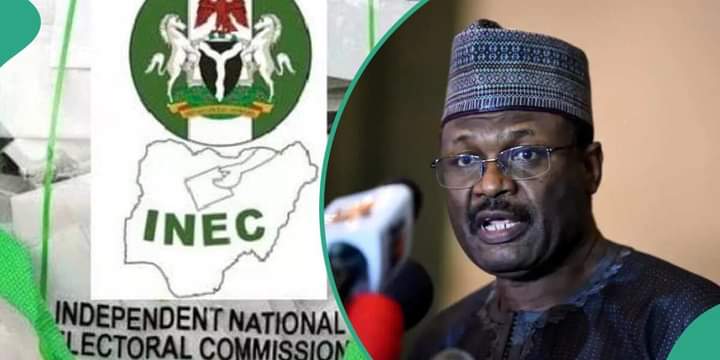INEC Moves To Destroy PVCs
The Independent National Electoral Commission (INEC) is considering a policy to withdraw and destroy Permanent Voter Cards (PVCs) that have remained uncollected for over a decade.
This proposal emerged from a review of the 2023 general elections, during which more than six million PVCs were reported unclaimed, some dating as far back as 2015.
The recommendation to address the backlog of uncollected PVCs was one of 208 ideas discussed in INEC’s post-election review.
Stakeholders suggested that destroying these cards would declutter the voter management system, as many are believed to belong to individuals who have either passed away or lost interest in the process.
A statement from INEC read: “Following the publication of the Register of Voters, the commission made PVCs available for collection on December 12, 2022. Although the exercise was initially set to end on January 22, 2023, the commission extended the deadline to February 5, 2023, due to low collection rates, devolving the process to ward levels for convenience. Despite these measures, over six million PVCs remained uncollected, many from as far back as 2015. Consequently, the commission is considering withdrawing and destroying these uncollected cards.”
INEC is also exploring ways to modernize the electoral process, including phasing out PVCs altogether. With the adoption of the Bimodal Voter Accreditation System (BVAS), the need for PVCs in voter identification could be replaced with digital credentials or slips downloaded from INEC’s website. However, this would require an amendment to Section 47(1) of the Electoral Act 2022, which mandates the presentation of PVCs for accreditation and voting.
Political Parties React
The proposal has sparked mixed reactions among political parties.
Kehinde Edun, National Legal Adviser of the Labour Party, supported the idea, citing the need to clean up the voter register. He stated, “If people haven’t collected their PVCs after being given ample time, it’s likely due to irregularities in the registration process. Destroying these cards might be necessary to streamline the system.”
However, the Peoples Democratic Party (PDP) expressed skepticism, suggesting the plan could undermine public trust. Timothy Osadolor, the PDP’s Deputy National Youth Leader, remarked, “Destroying PVCs produced with taxpayers’ money only highlights INEC’s credibility issues. The commission must rebuild public confidence instead of rushing to such measures.”
Similarly, the New Nigeria People’s Party (NNPP) cautioned against wastefulness. Ladipo Johnson, the party’s National Publicity Secretary, argued that retaining the cards would be more prudent, especially for voters who might later come forward to claim them.
Legal Experts Weigh In
Legal experts also offered differing opinions. Some Senior Advocates of Nigeria (SANs), including Prof. Itse Sagay, supported the destruction of uncollected PVCs, citing concerns over fraudulent registrations and the burden of storage. Sagay stated, “Many of these unclaimed cards likely belong to non-existent individuals or represent double registrations. Destroying them would help clear out fake entries.”
Others, like Paul Obi, disagreed, advocating for increased public awareness instead. “The cards belong to Nigerians and could still be used in future elections. Destroying them wastes resources and effort. More should be done to ensure they are collected,” he argued.
As the debate continues, INEC has reaffirmed its commitment to reforms aimed at improving voter participation and streamlining electoral processes.













































